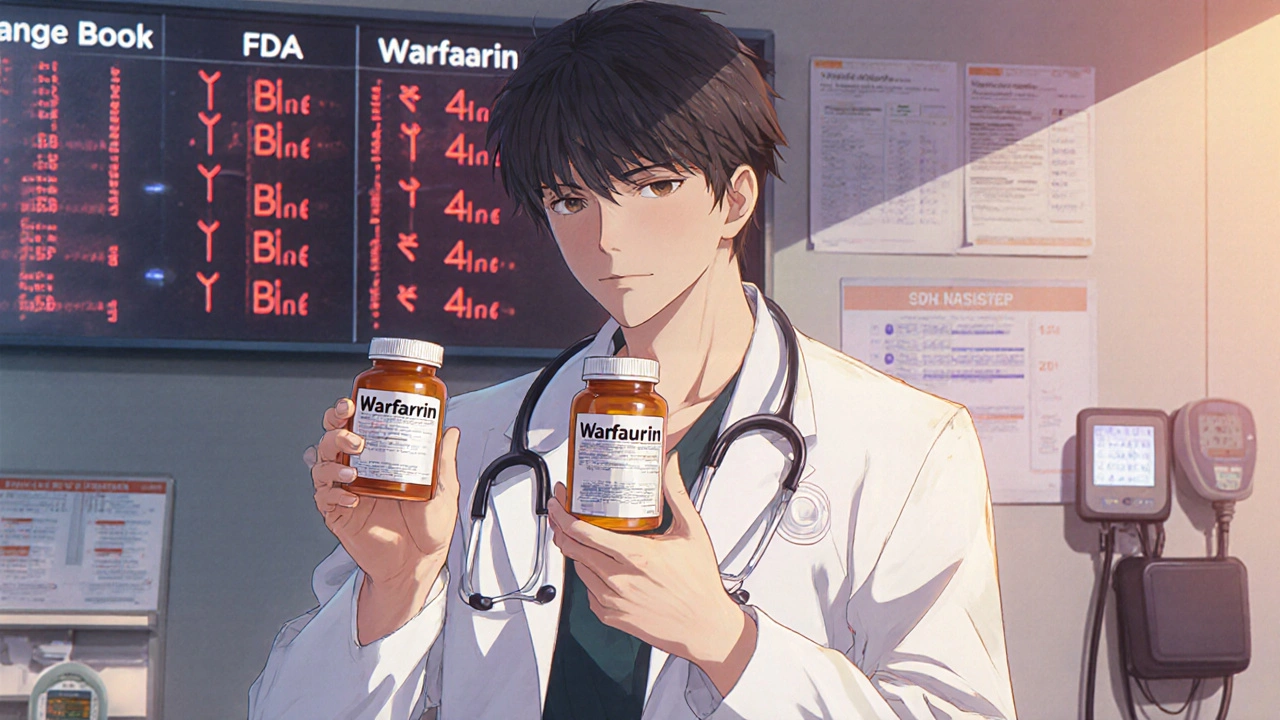NTI Generics: What You Need to Know About Narrow Therapeutic Index Drugs
When a drug has a Narrow Therapeutic Index, a small range between the effective dose and the toxic dose. Also known as NTI drugs, these medications leave little room for error—whether you're taking them for epilepsy, blood clots, or thyroid conditions. Switching from a brand-name version to a generic isn't just about saving money. For NTI generics, even tiny differences in how the body absorbs the drug can cause serious problems—like breakthrough seizures, dangerous blood levels, or organ damage.
Think of it like driving a car with no speedometer. You know you need to stay between 55 and 60 mph, but if the needle jumps even a few points because of a different filler in the pill, you could suddenly be speeding into danger. That’s what happens with antiseizure medications, a major category of NTI drugs. Studies show that patients who switch to certain generic versions report more seizures, even when the active ingredient matches exactly. Why? Because the inactive ingredients, coating, or release rate can change how fast the drug enters your bloodstream. The same applies to warfarin, a blood thinner where a 10% change in absorption can mean the difference between a clot and a bleed, and levothyroxine, the thyroid hormone that needs near-perfect consistency to keep your metabolism stable.
It’s not that all generics are unsafe. Most are fine. But when a drug sits in that narrow window—where the difference between working and causing harm is minimal—you need to be careful. That’s why doctors and pharmacists often recommend sticking with the same brand or generic manufacturer once you’ve found what works. If you’re on an NTI drug, don’t assume all pills labeled the same are equal. Check the label. Ask your pharmacist if the generic you’re getting is the same as before. And if you feel different after a switch—more fatigue, new tremors, worse seizures—don’t brush it off. It might not be in your head. It might be in your pill.
What you’ll find below are real stories and science-backed guides about the risks of switching medications, how to spot when a generic isn’t right for you, and what to say to your doctor when you feel something’s off. These aren’t abstract warnings. They’re from people who’ve been there—and found ways to stay safe while saving money where it actually counts.

Pharmacist Concerns About NTI Generics: What Every Health Professional Needs to Know
Finnegan O'Sullivan Nov 10 8Pharmacists are raising alarms about NTI generics-medications where tiny differences in absorption can cause serious harm. Learn why warfarin, levothyroxine, and other narrow therapeutic index drugs demand extra caution-and what patients and providers need to know.
More Detail